To provide the best experiences, we use technologies like cookies to store and/or access device information. Consenting to these technologies will allow us to process data such as browsing behaviour or unique IDs on this site. Not consenting or withdrawing consent, may adversely affect certain features and functions.
The technical storage or access is strictly necessary for the legitimate purpose of enabling the use of a specific service explicitly requested by the subscriber or user, or for the sole purpose of carrying out the transmission of a communication over an electronic communications network.
The technical storage or access is necessary for the legitimate purpose of storing preferences that are not requested by the subscriber or user.
The technical storage or access that is used exclusively for statistical purposes.
The technical storage or access that is used exclusively for anonymous statistical purposes. Without a subpoena, voluntary compliance on the part of your Internet Service Provider, or additional records from a third party, information stored or retrieved for this purpose alone cannot usually be used to identify you.
The technical storage or access is required to create user profiles to send advertising, or to track the user on a website or across several websites for similar marketing purposes.
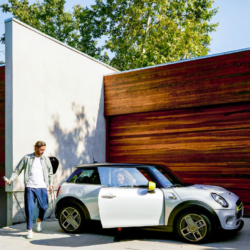 Alphabet (GB) has published a new report examining how the pandemic has accelerated changes to travel and transport, altering consumer and business travel habits in UK cities. With mass migration to working from home, in March, road traffic travel dropped to levels not seen since 1955 and journeys on the London Underground fell by 95 percent. The report suggests that only six percent of those travelling to work by train feel comfortable, dropping to just four percent for tube users. More →
Alphabet (GB) has published a new report examining how the pandemic has accelerated changes to travel and transport, altering consumer and business travel habits in UK cities. With mass migration to working from home, in March, road traffic travel dropped to levels not seen since 1955 and journeys on the London Underground fell by 95 percent. The report suggests that only six percent of those travelling to work by train feel comfortable, dropping to just four percent for tube users. More →












 Water cooler chats and the buzz of office life is set to remain on hold until at least the New Year as businesses look to restructure their office needs from January. A government drive to see more office employees return to work in the workplace has seen a rise in commuters to more than 60 percent according to the latest figures from the
Water cooler chats and the buzz of office life is set to remain on hold until at least the New Year as businesses look to restructure their office needs from January. A government drive to see more office employees return to work in the workplace has seen a rise in commuters to more than 60 percent according to the latest figures from the 

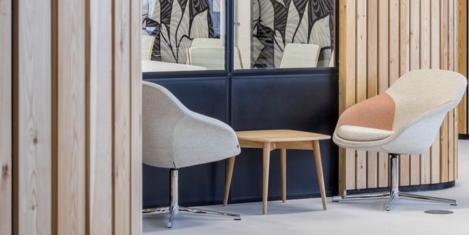
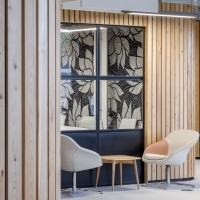

 A new survey by UK job board
A new survey by UK job board 
 New research by the
New research by the 
 Singapore, Helsinki and Zurich have come top in the
Singapore, Helsinki and Zurich have come top in the 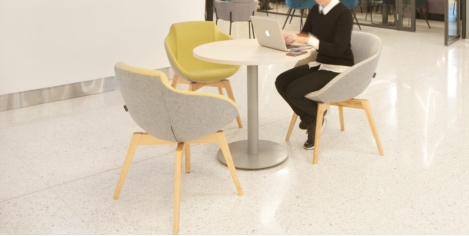
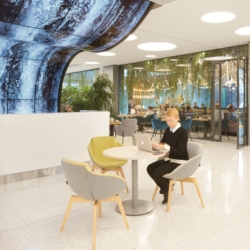










September 23, 2020
The stage is set for the next phase of working life
by Mark Eltringham • Comment, Flexible working, Technology, Wellbeing, Working lives